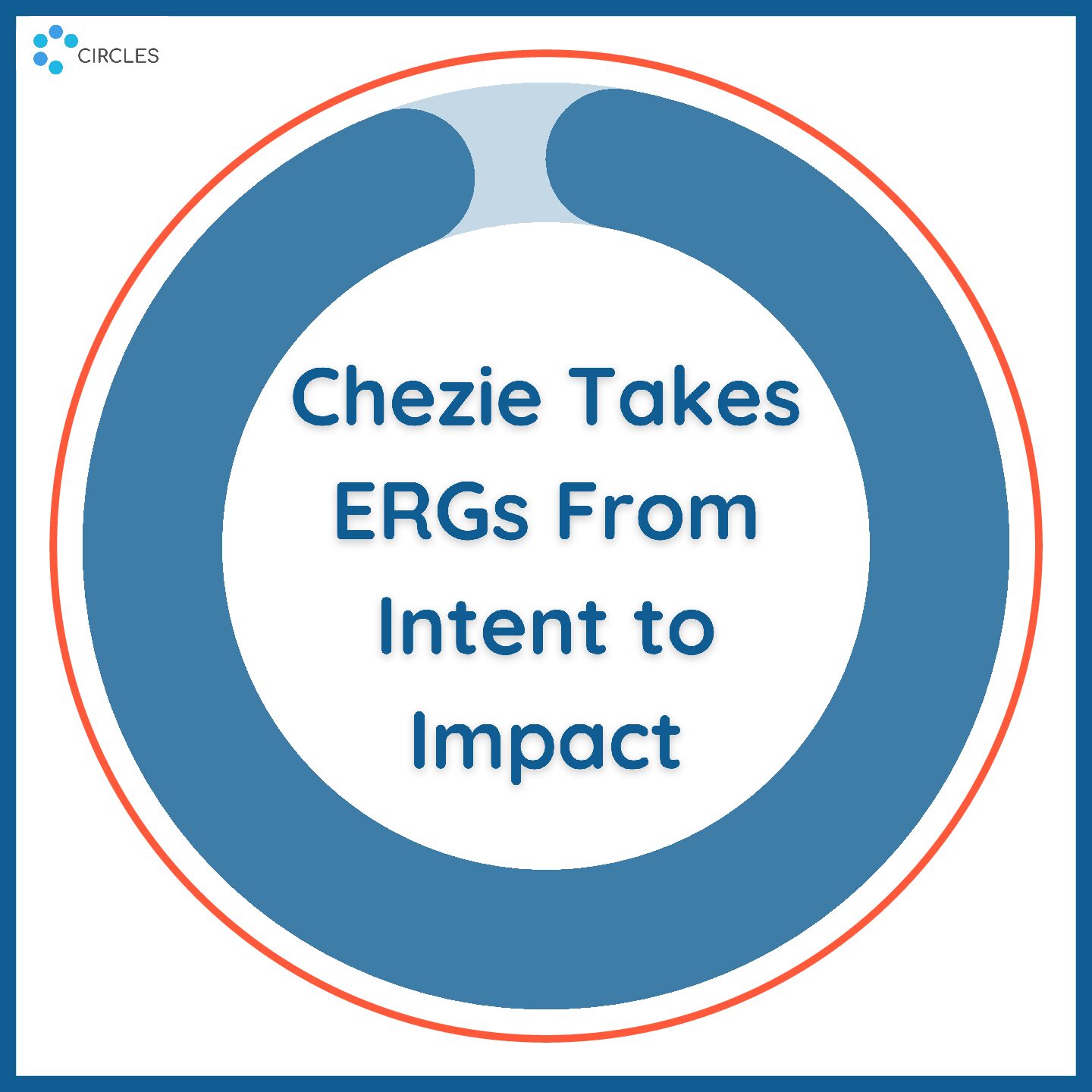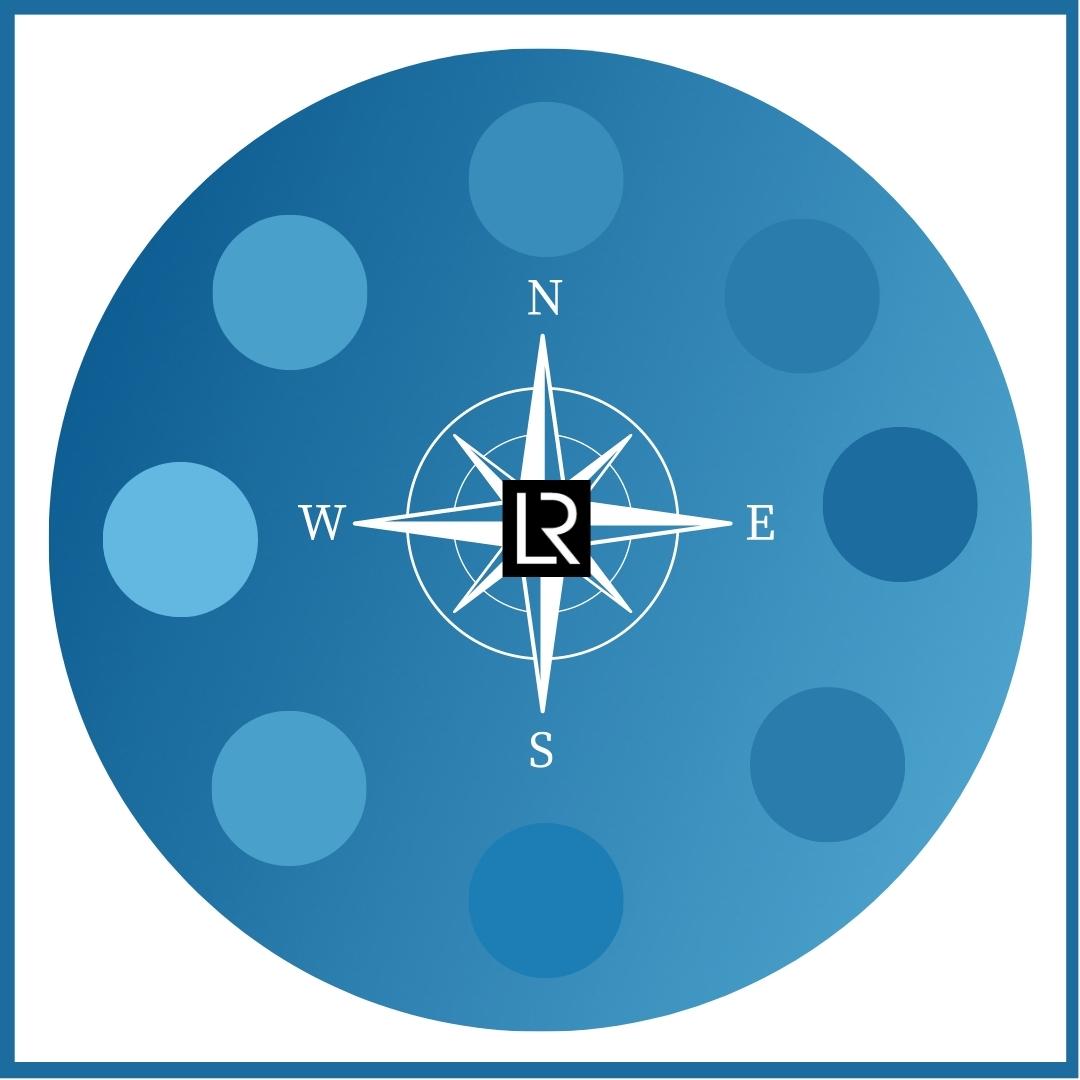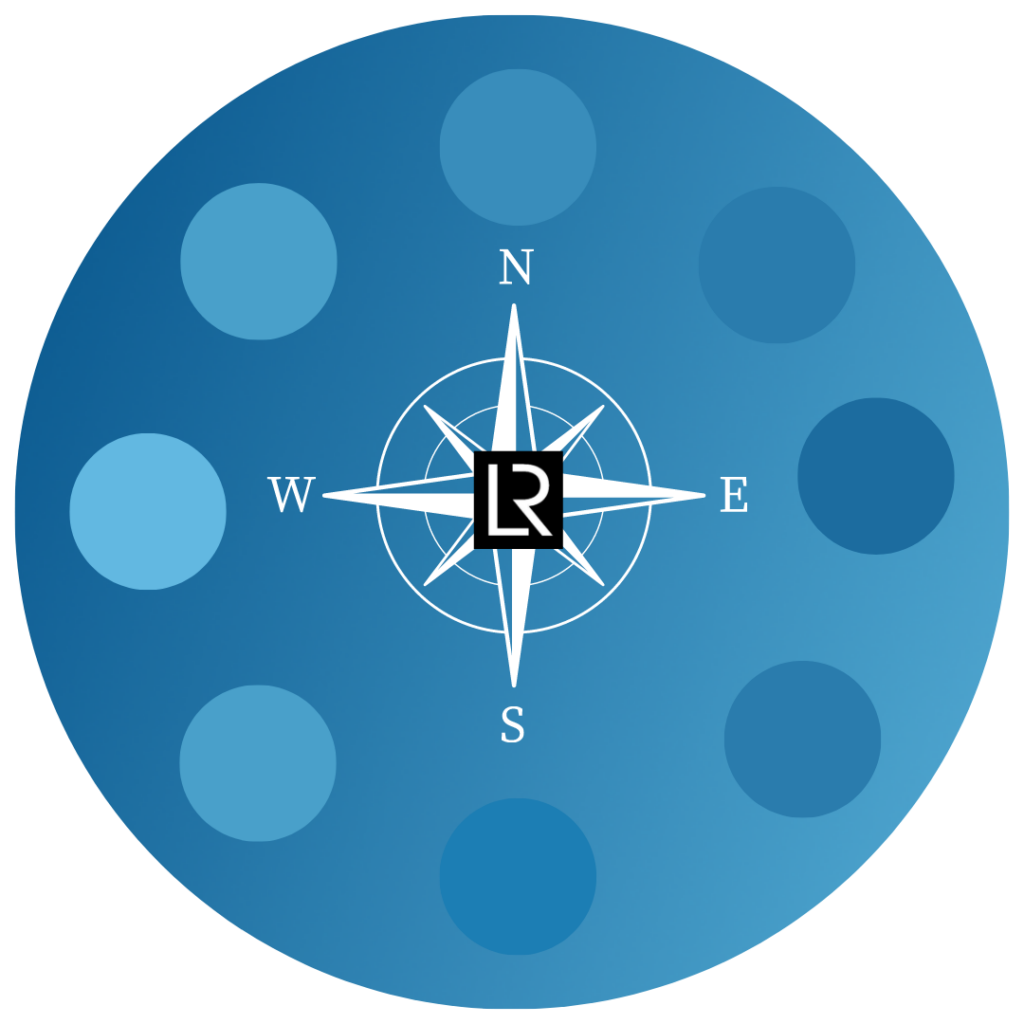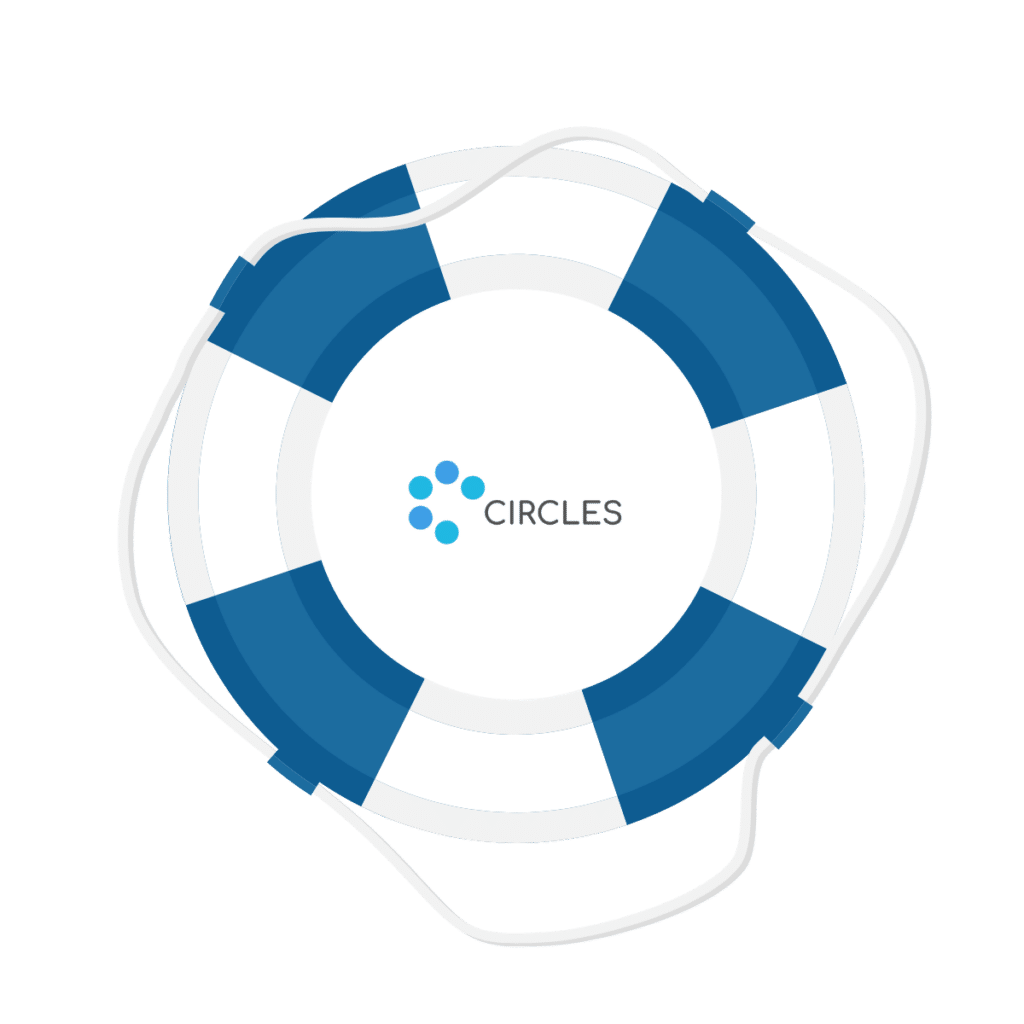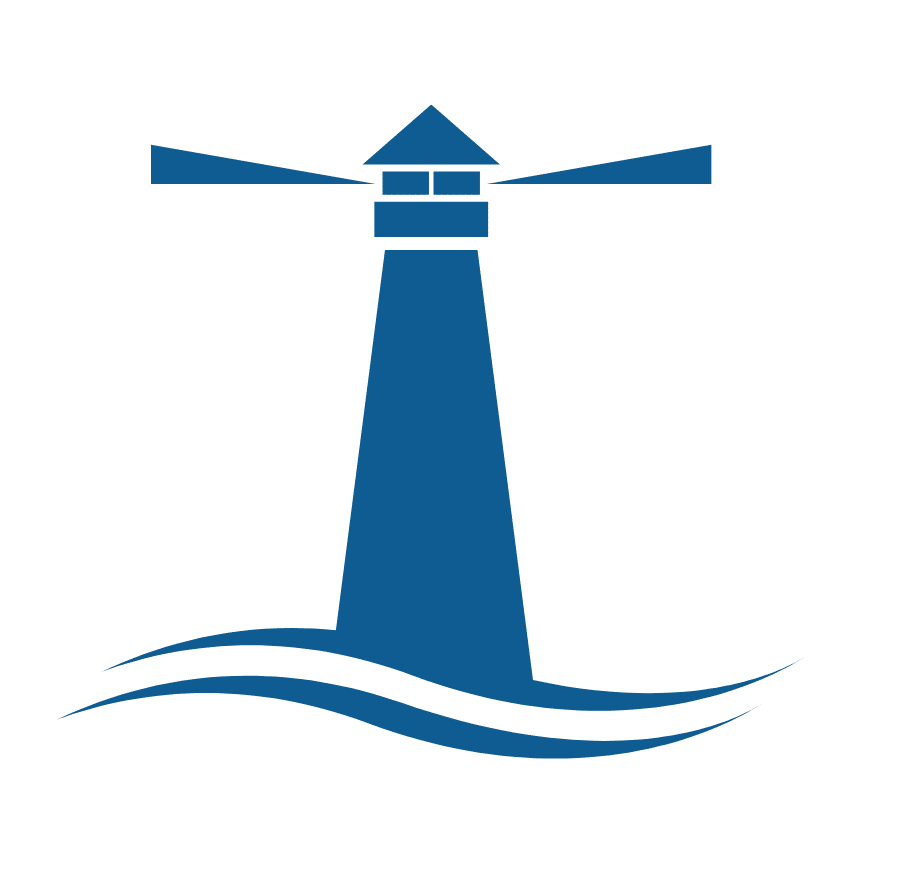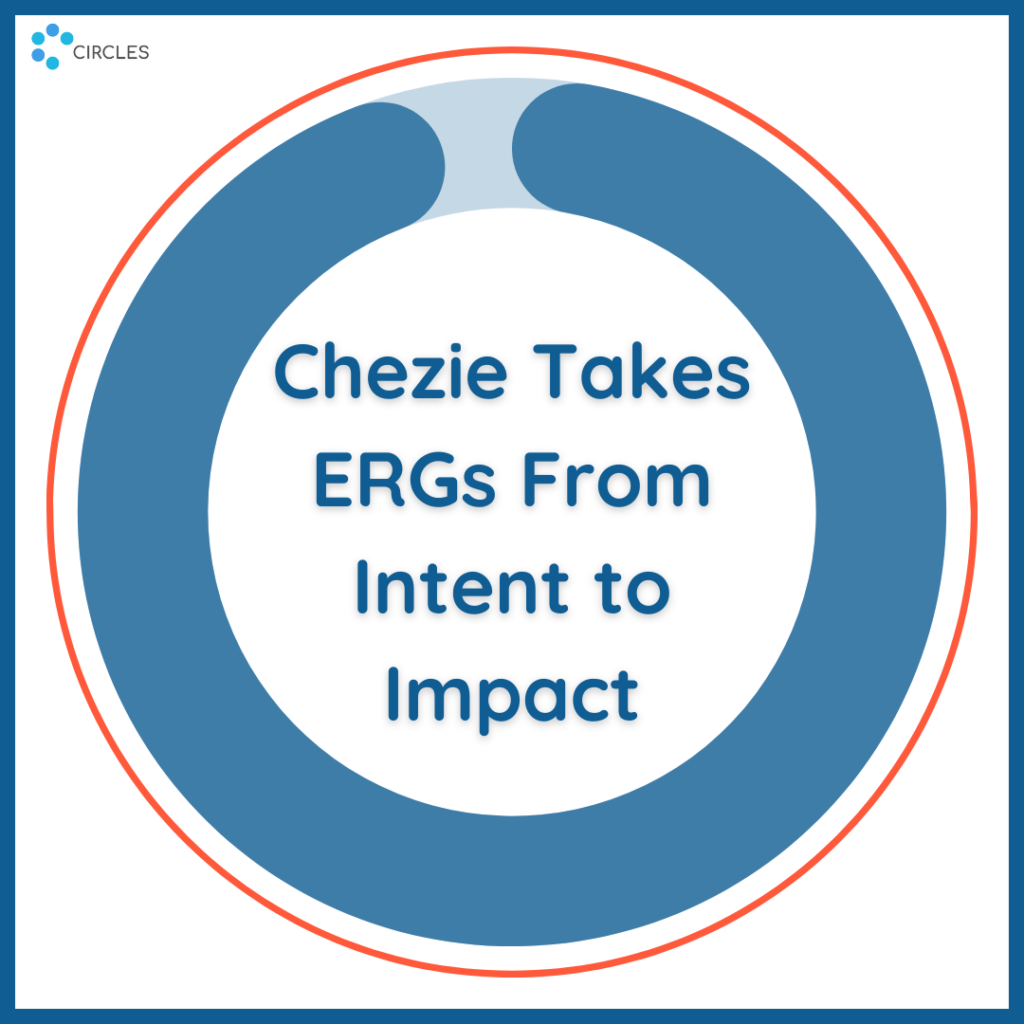
Dumebi and Toby Egbuna were two and four years old when their family immigrated to the U.S. from Nigeria. After their parents obtained a green card through a one-in-a-million chance lottery, the Egbuna siblings grew up in a small town outside Winston-Salem, North Carolina.
As adults, their identity as black, first generation immigrants shapes how they engage and experience the workplace.
When Toby used to apply for jobs, he would first investigate what it was like to be black in that specific company, searching his online network to see if other black people worked there. Likewise, Dumebi knows that working in corporate America often means being one of the only black people in the room. “I’m a woman, I’m a Nigerian, I’m black, I am an immigrant. There are so many identities that pertain to who I am, and they all affect how I show up in a space.”
Their identities and experiences prompted the Egbuna siblings to co-found Chezie, a diversity, equity, and inclusion company that helps people find belonging in the workplace. “We started Chezie because, as first-gen Nigerian immigrants, we know how important it is to feel like you belong where you work.” Chezie soon spotted the strategic potential of employee resource groups (ERGs), and focused on helping companies become more inclusive by providing an ERG management platform. Toby and Dumbei also host an online community of 700 ERG leaders who collaborate on events and ideas, share best practices, and access valuable resources. To create inclusive spaces for the community’s monthly small group connections, Chezie began developing a partnership with Circles early this year.
Creating ERG Community in Circles
Creating a community for ERG leaders is important to Dumebi, “because ERG work is hard.” When they turned to Circles to host a Black History Month round table in February, 25 black ERG leaders joined the Heritage Month Circle. Dumebi designed the session agenda with a specific vision: “We see companies putting a lot of emphasis on black voices in February, but not year round, so I wanted it to be a space where people could share not only what they’re doing for black history month, but also how they’re holding their organizations accountable the rest of the year. I think that’s where progress is made: not in one moment, but 365 days a year.”
Participants came away praising the Circles experience, scoring it 9.7 out of 10. Dumebi likes how Circles delivers an authentic conversation in a smaller setting. “People were able to share things I’m not sure they would feel comfortable sharing in an open slack of 700 people. Ultimately, it’s a safer extension of that community.” Participants remarked on the intimacy of the session, provided by breakout rooms and other unique platform features. Dumebi feels that Circles promotes belonging, because people are able to show up as their full self and be celebrated for that. “Circles’ unique design provides a space for people to share their voice and be celebrated for their inputs to a conversation.”
The Chezie team plans to host monthly ERG round tables in Circles, allowing leaders across organizations to collaborate and lean on each other. “I can’t even tell you how many people come to us, asking to be connected to other ERG leaders so they can learn from others. So many ERG leaders are passionate about their work but new to their roles, and I think that sense of community and connection to others doing the same work will be beneficial. “I think Circles is going to help bring our community of 6000-7000 ERG leaders together in a smaller space.”

Looking to the Future
As they continue building their product, Toby and Dumebi meet with DEI managers and ERG leaders, staying abreast of what they’re struggling with. Dumebi wants them to know that they’re not doing this work alone. “I’m here to schedule time to talk, and brainstorm about ERGs and resources.” Chezie plans to roll out new features later this year, including a content database providing access to speakers, webinar replays, and event and communication templates.
Toby knows Chezie’s work providing belonging in the workplace is just beginning. “As the world shifts, and more people who don’t fit the white male standard enter the workforce, it’s going to be increasingly important to make sure people belong in the workplace.”
“That’s why we created Chezie, to help people find belonging in the workplace. We’re going to be the duo that solves the problem.”
